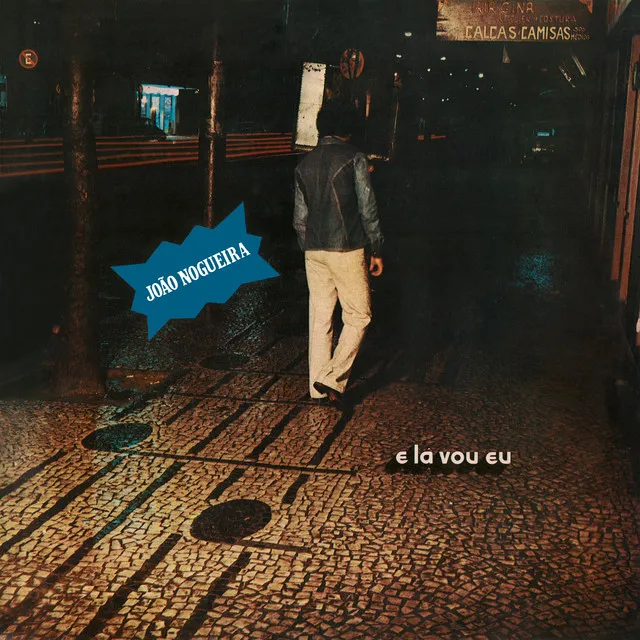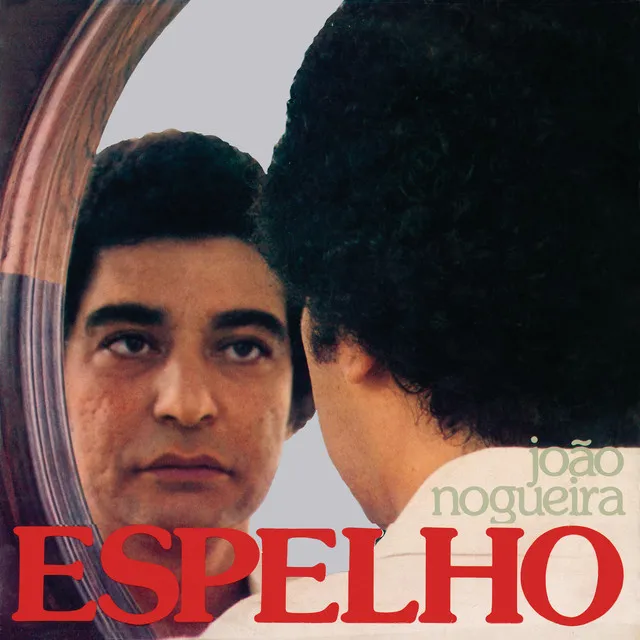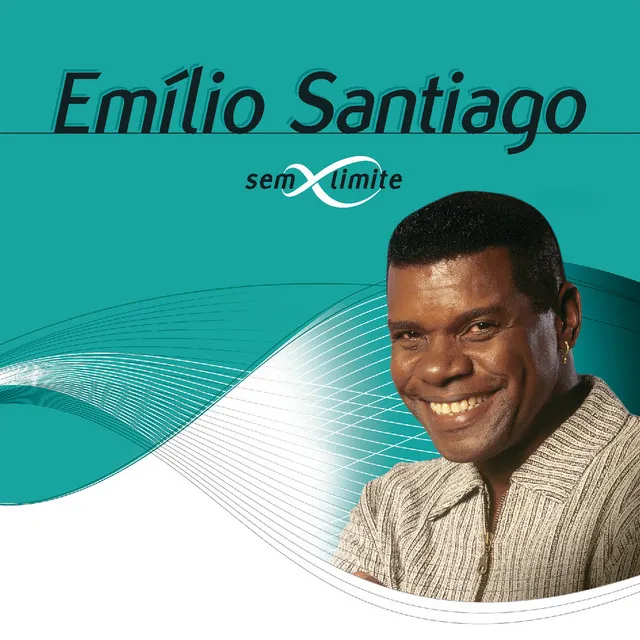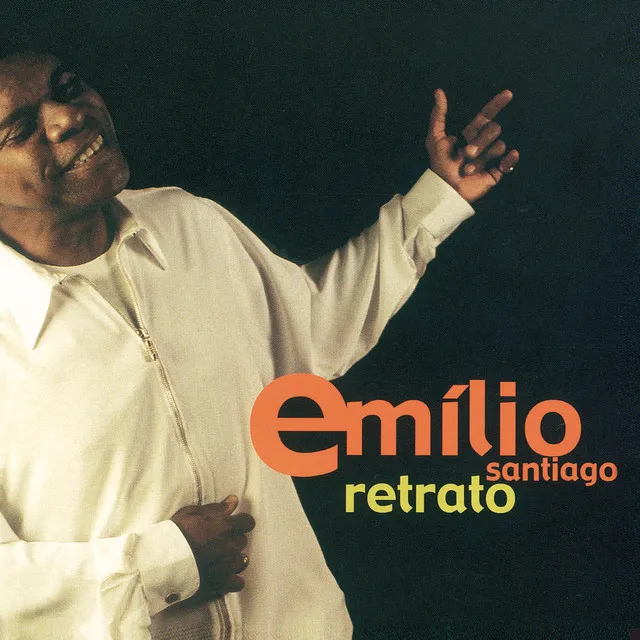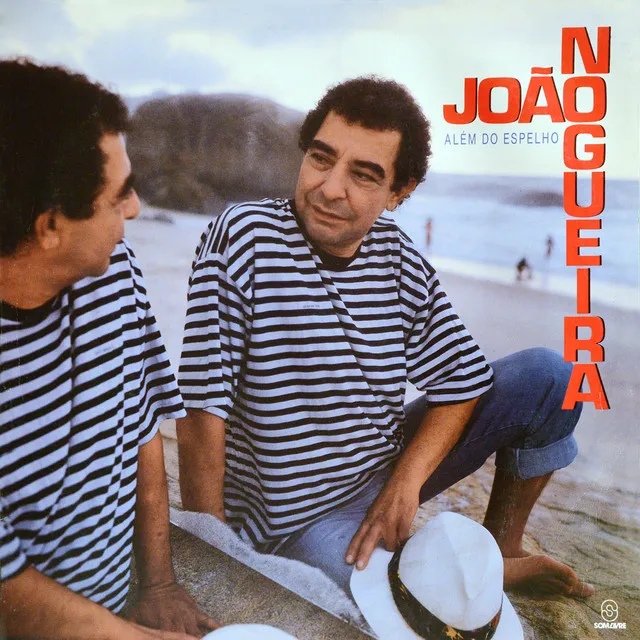Composer João Nogueira has had his songs recorded by Elis Regina, Clara Nunes, Emílio Santiago, Beth Carvalho, Alcione, and many others. His many popular successes include "Mineira" (with Paulo César Pinheiro), "Chorando Pelos Dedos" (with Cláudio Jorge), "Súplica" and "Cachaça de Rolha" (with Pinheiro), "Um Ser de Luz" (with Pinheiro/Mauro Duarte), "Dois de Dezembro -- Dia do Samba" (with Nonato Buzar/Paulo César Feital), and "Maria do Socorro" (with Carlinhos Vergueiro). As an interpreter, he had success with "O Passado da Portela" (Monarco), "Enganadora" (Monarco/A. Lopes), "Pimpolho Moderno" (Nelson Cavaquinho/Gerson Filho), "Se Segura, Segurança" (with Edil Pacheco/Dalmo Castelo), and "É Disso que o Povo Gosta" (Carlinhos Vergueiro).
João Nogueira learned to play the guitar by ear. At 15, he started to write his earliest compositions, together with his sister Gisa Nogueira. In 1968, he had his composition "Espera, ó Nega" recorded by the group that would become the Nosso Samba. Two years later, Elizeth Cardoso recorded his "Corrente de Aço," which was his definitive passport to the samba scene. In 1971, he debuted as a singer, recording "Mulher Valente É Minha Mãe" and "O Homem de Um Braço Só." In the same year, Clara Nunes recorded "Meu Lema" and "Morrendo de Verso em Verso," and Eliana Pittman, "Das Duzentas pra Lá." Also in 1971, he was accepted at the prestigious Ala dos Compositores (Composers' Section) of the Portela samba school (with the samba "Sonho de Bamba"). In 1974, he had his first LP released, E Lá Vou Eu. In the '90s, Nogueira recorded two CDs that were lauded by critics: Parceria (Velas, 1994), in which he sings songs written with his partner Paulo César Pinheiro throughout 22 years; and Chico Buarque -- Letra e Música, another duo effort, this time with pianist Marinho Boffa, representing a balanced work between music and lyrics, as the title suggests. ~ Alvaro Neder, Rovi
